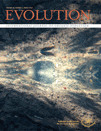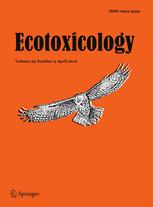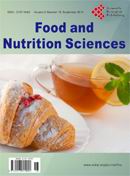 Earlier this year, a nutrition journal retracted an article about the potential dangers of eating food containing genetically modified organisms (GMOs), noting the paper contained a duplicated image.
Earlier this year, a nutrition journal retracted an article about the potential dangers of eating food containing genetically modified organisms (GMOs), noting the paper contained a duplicated image.
At the time, news outlets in Italy were reporting accusations that the last author, Federico Infascelli, an animal nutrition researcher at the University of Naples, had falsified some of his research.
Food and Nutrition Sciences has now updated its initial notice, saying the paper was pulled for data fabrication. In addition, Infascelli is no longer listed on its editorial board – he is included on an archived link to the editorial board from March 2016, but not on the current list of members.
Here is the updated version of the retraction notice for “Gamma-Glutamyl Transferase Activity in Kids Born from Goats Fed Genetically Modified Soybean:” Continue reading Retraction notice for GMO paper updated to include fraud
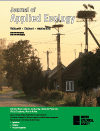
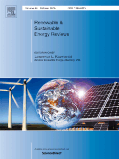
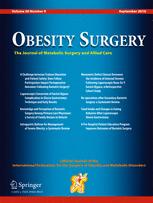 With retraction notices
With retraction notices 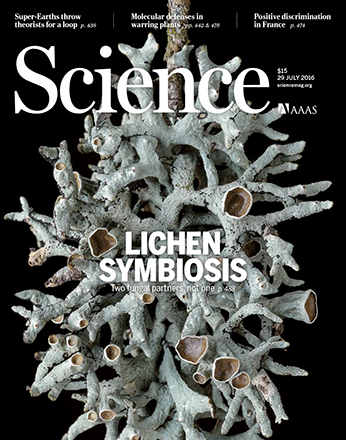 Science is considering adding an expression of concern (EOC) to a June paper that
Science is considering adding an expression of concern (EOC) to a June paper that 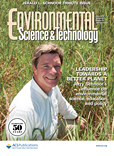
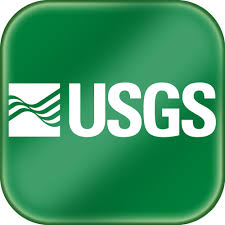 Misconduct by a chemist at a Colorado lab run by the U.S. Geological Survey (USGS) has
Misconduct by a chemist at a Colorado lab run by the U.S. Geological Survey (USGS) has 
